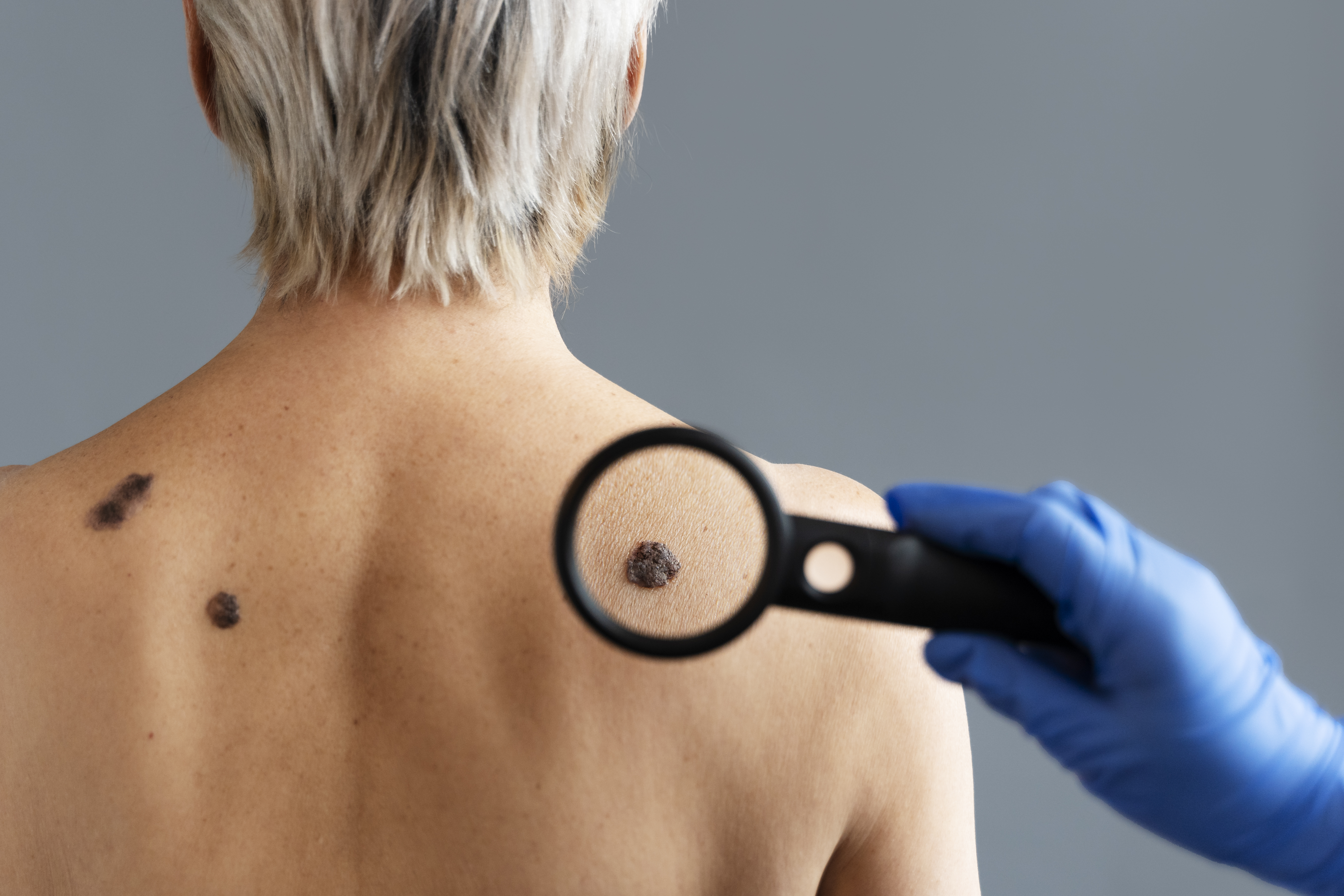Top 10 Early Warning Signs of Cancer You Shouldn't Ignore
Cancer is a disease that often develops silently, showing subtle signs before it advances. Early detection can make a significant difference in treatment outcomes and survival rates. Recognizing the early warning signs can help you take action before it's too late.
Here are 10 early warning signs of cancer you should never ignore:
-
1. Unexplained Weight Loss:
Losing weight without trying — especially more than 5 to 10 kilograms — can be an early indicator of cancer. While weight fluctuations are common due to diet or stress, persistent weight loss with no clear reason should be investigated. Why it matters: Sudden weight loss may signal cancers of the stomach, pancreas, esophagus, or lungs. It can result from the body’s metabolism being hijacked by rapidly growing cancer cells.

-
2. Persistent Fatigue:
We all get tired — that’s normal. But if you find yourself constantly drained, struggling to get through the day despite rest and sleep, it may be more than just overwork or stress. Why it matters: Chronic fatigue that doesn’t improve with rest could indicate leukemia, colon cancer, or stomach cancer. This happens because cancer uses your body's nutrients and weakens your immune system, leaving you exhausted.
-
3. Lumps or Thickening Under the Skin:
One of the most well-known early signs of cancer is the development of lumps, particularly in the breast, neck, testicles, or underarms. Why it matters: While many lumps are benign, a hard, painless, immobile lump may be a tumor. Regular self-exams and medical checkups are crucial for early identification.
-
4. Changes in Skin Appearance:
The skin is the body’s largest organ and often reflects internal changes. Watch out for:
- Darker-looking skin (hyperpigmentation)
- Yellowish skin and eyes (jaundice)
- Redness or excessive itching
- Changes in moles or new growths
Why it matters: These may indicate skin cancers such as melanoma or internal cancers like liver or pancreatic cancer. Early detection and treatment can drastically improve the chances of recovery.

-
5. Unusual Bleeding or Discharge:
Unexpected bleeding is always a red flag. This may include:
- Blood in the stool (colorectal cancer)
- Blood in urine (bladder or kidney cancer)
- Vaginal bleeding outside of the menstrual cycle or after menopause (cervical or uterinecancer)
- Coughing up blood (lung cancer)
Why it matters:While there can be non-cancerous explanations, bleeding from unusual areas should always prompt a medical consultation.
-
6. Persistent Cough or Hoarseness:
A cough that doesn’t go away or keeps getting worse, especially if accompanied by blood or chest pain, can be a sign of more than just allergies or a cold. Why it matters: Persistent cough or voice changes could be symptoms of lung, throat, or laryngeal cancer. Smokers and those exposed to pollutants should be particularly cautious.
-
7. Changes in Bowel or Bladder Habits:
Long-term constipation, diarrhea, blood in the stool, or changes in urinary patterns may be signs of colon, bladder, or prostate cancer. These changes should be medically reviewed.
-
8. Sores That Do Not Heal:
A sore that doesn’t heal — especially in the mouth, on the skin, or on the genitals — can be a sign of skin or oral cancer. If it doesn’t improve in two weeks, see a doctor.
-
9. Difficulty Swallowing or Persistent Indigestion:
Swallowing difficulty or a burning sensation in the chest (especially after eating) might feel like acid reflux — but when it persists, it could signal something more serious. Why it matters: These symptoms may be related to throat, esophageal, or stomach cancer. Early evaluation can lead to quicker diagnosis and treatment.
-
10. Unusual Pain:
Pain is your body's natural signal that something is wrong. Chronic, unexplained pain, especially in the back, pelvis, or bones, may be associated with various cancers depending on the area affected. Why it matters: Bone cancer, ovarian cancer, or even tumors pressing against nerves can cause pain. Never ignore persistent or worsening pain, even if it seems minor at first.

Conclusion
Cancer doesn’t always arrive with a dramatic warning often, it starts subtly. The key is listening to your body, knowing the early signs, and acting swiftly. Most cancers are treatable and sometimes curable — if diagnosed in the early stages.
What You Should Do:
- Don't ignore symptoms.
- Schedule regular health checkups.
- Talk to your doctor if something feels off.
- Advocate for your health — early screening matters.